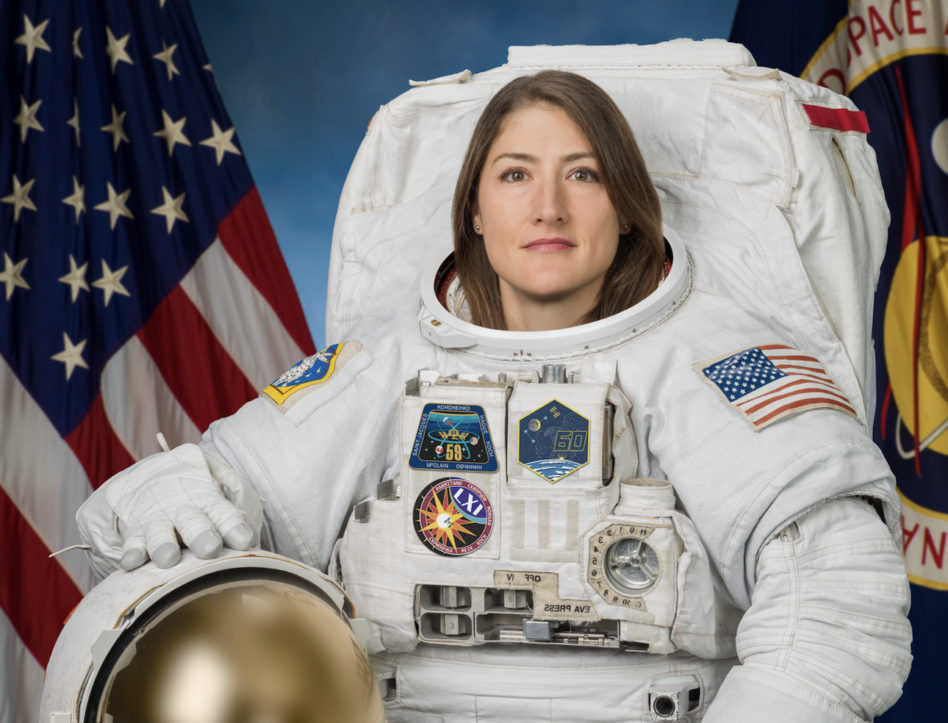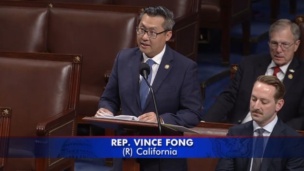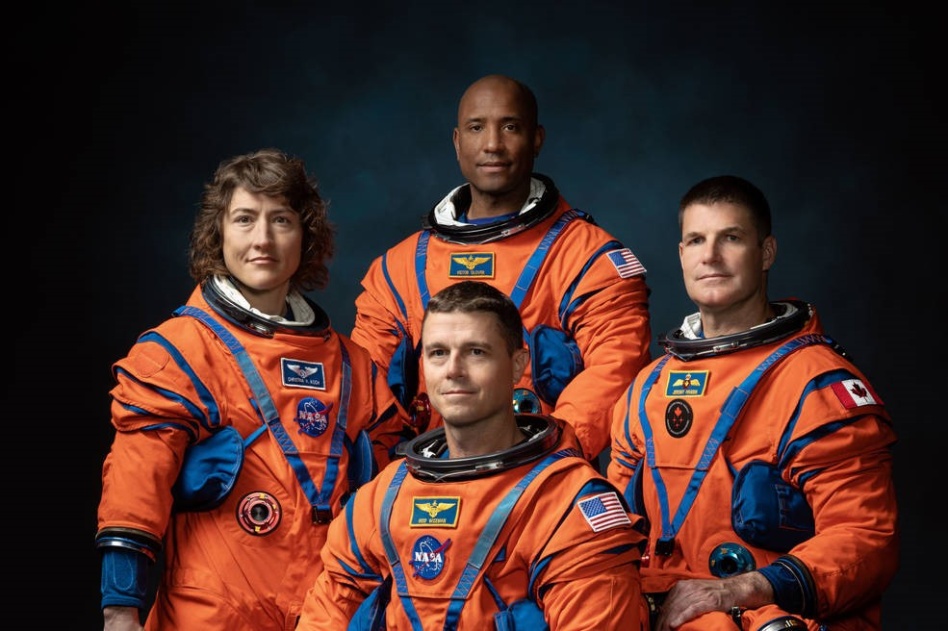On Monday, NASA announced the four Artemis II astronauts who will travel around the Moon aboard the Orion capsule next year.
NASA selected Christina Hammock Koch, who holds the record for longest continuous spaceflight by a woman at 328 days, as a mission specialist for the flight. She is the only professional engineer on the flight.
Koch, 44, will be the first woman to ever travel around the moon.
Koch spoke with Payload’s Jack Kuhr on Tuesday about training for the mission, how she shared the news with her husband, and music in space.
This transcript has been edited for length and clarity.
Jack: Congratulations on the selection – I’m sure it’s been a busy 24 hours. From your perspective, what makes the Artemis II mission so important?
Christina: The Artemis II mission is so exciting because it is the first of many crude stepping stones to bring humans back to the moon sustainably and then onto Mars. The fact that we get to enable the Artemis III mission, where humans will land on the moon again for the first time in over 50 years, is such an honor. This is the first time we’re going to be testing out the life support systems of the Orion space capsule, systems communications, maneuverability for rendezvous, and proximity operations. There are many things to learn about, and we’re going to be focused 100% of the time on future missions.
Jack: When you first heard you were selected, who were you most excited to tell?
Christina: When I first heard I was selected, the first person I wanted to tell was my husband. He has been my biggest supporter. We both love and follow each other’s careers so closely, and I just couldn’t wait to get home and tell him.
I planned to tell him while we were both looking at the Moon. We live at the beach and one day while we were on a bike ride at night coming home from the gym, we stopped on a jetty because I knew the Moon rise was going to happen soon.
But unfortunately, it was way too cloudy. So I opted to just tell him as we were looking at a cloudy night sky. But it was a really special moment. And he was so, so happy for me. We’re always happy for each other and really just support each other through everything.
Jack: How will the training be different in this mission versus an ISS mission?
Christina: One way in which the training is going to be different overall is that in addition to training we’re also in development mode. I hope and assume that we’re going to be involved in a lot of changes as we learn the vehicle. This is a test flight. We have not trained on this vehicle before. And I look forward to all the teamwork when working through challenges that come across.
On the ISS, a lot of what we train for is tried and true. We train for spacewalks, we train for a ton of science. There’s not going to be as much science, and there won’t be any spacewalks on this mission. So I’m going to miss training in the Neutral Buoyancy Lab. That’s one of my favorite things to do. But of course, doing the developmental test flight stuff for Orion is going to be awesome.
It’s going to be so important for human eyes to look back on Earth, seeing it as a small body in the window, and seeing it maybe even as a crescent Earth as its face is illuminated by the Sun. Looking back on all of humanity, and all of our billions and billions of friends, and everything we know, I think is a really important perspective that I want to make sure to bring back to Earth when I return.
Jack: It will also be important for people back on Earth to see humans in space. I think showcasing the human experience in space, versus rovers and spacecrafts, could ignite broader interest.
Christina: I totally agree. I think one neat thing about the Moon as a destination is that we all look at the Moon. Everyone on Earth sees the same Moon. When I lived at the South Pole, I used to talk with my friends and family that I missed and I’d say, ‘I’m looking at the same Moon you are right now.’ The fact that everyone on Earth looks up at that same moon and everyone can know that we are in that view is something very powerful to me.
Jack: My mother is a concert pianist and her first question is always when can we get music, art, and culture in space? So, I’ll toss that question to you.
Christina: You can tell your mom that there’s actually a keyboard on the ISS. One of the most meaningful things I did in my mission was playing it, and figuring out as someone who is not musically inclined how to play one of my husband’s and I’s favorite songs, and then I played it for him on our anniversary. That kind of stuff is so important, the human experience. Like I said, it doesn’t change whether you’re on Earth or exploring space.





